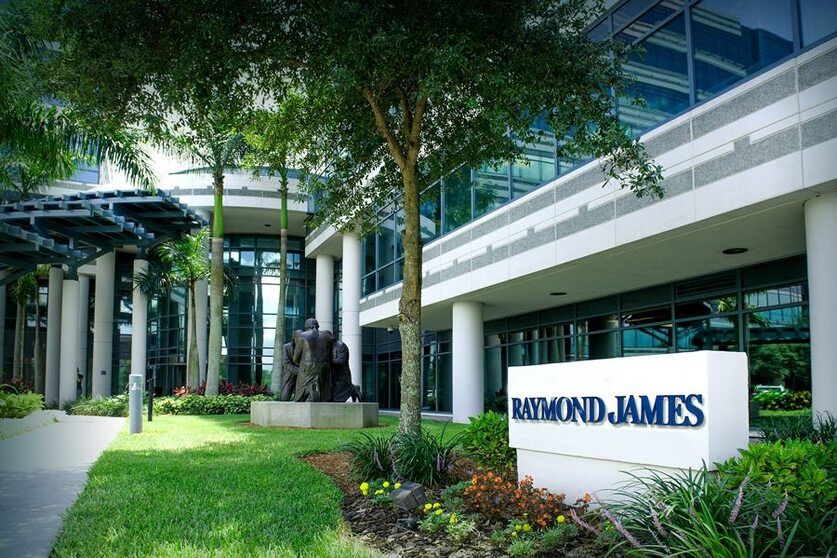Citi to pay $180 million for hedge fund sales linked to Smith Barney
Citigroup has agreed to pay $180 million to settle charges tied to two hedge funds the SEC said were improperly marketed and sold by private bankers and Smith Barney brokers.
Citigroup Inc. has agreed to pay $180 million to settle charges tied to two hedge funds that the SEC said were improperly marketed and sold by private bankers and Smith Barney brokers in the run-up to the financial crisis.
Citigroup’s alternative investment unit and brokers at the firm misrepresented the two funds, the Falcon Strategies Fund and ASTA/MAT funds, as low-risk, safe bond substitutes to advisory clients, despite the fact that the funds’ own marketing materials said they should not be used as bond substitutes.
From 2002 to 2007, the firm raised almost $3 billion from around 4,000 investors in both funds, which resulted in billions of dollars in losses when the funds collapsed in 2008, the SEC said.
“Advisers at these Citigroup affiliates were supposed to be looking out for investors’ best interests, but falsely assured them they were making safe investments even when the funds were on the brink of disaster,” said Andrew Ceresney, director of the SEC’s enforcement division, in a statement. “Firms cannot insulate themselves from liability for their employees’ misrepresentations by invoking the fine print contained in written disclosures.”
A spokeswoman for Citigroup, Danielle Romero-Apsilos, said in an email the firm was “pleased to have resolved this matter.” The firm did not admit or deny the SEC’s allegations.
The Smith Barney unit was acquired by Morgan Stanley Wealth Management in 2009 as part of a joint venture. A spokeswoman for Morgan Stanley, Christine Jockle, declined to comment, noting that the allegations occurred prior to the acquisition.
The SEC placed a significant portion of the blame on Citigroup’s alternative investment unit, which was acting as the fund manager for both funds, and was responsible for almost all the fund-related communications with investors and advisers, including crafting the sales pitches to investors. In some cases, the unit misled advisers about the safety of the fund, according to the settlement.
“The fund manager and the fund managers’ staff played a significant role in drafting and disseminating information regarding the funds to investors and financial advisers without sufficient review or oversight to ensure that the information given to investors was accurate,” the SEC said.
In one case, Citigroup Private Bank had an internal risk rating that noted the funds had “significant risk to principal,” but that rating was never shared with the majority of investors and financial advisers, according to the SEC.
Robert Pearce, a securities attorney with an eponymous firm who said he represented investors in around 100 cases tied to the funds, said that after they imploded in 2008, numerous Citigroup financial advisers and private bankers complained to the firm’s executive officers, including Sallie Krawcheck, who was then CEO of Citi’s wealth management business. He said shares in the fund were generally sold in $500,000 blocks, and marketed to and sold by some of the top brokers at Smith Barney.
“The big producers with the big clients were jumping into these funds,” Mr. Pearce said. “They were sold as funds that were relatively safe because of this so-called hedge.”
Whether to compensate investors in the funds became a source of tension between Ms. Krawcheck and other senior executives at Citigroup as she advocated for the firm to repay some of the losses in the funds, according to a report from The New York Times in 2008.
Learn more about reprints and licensing for this article.






